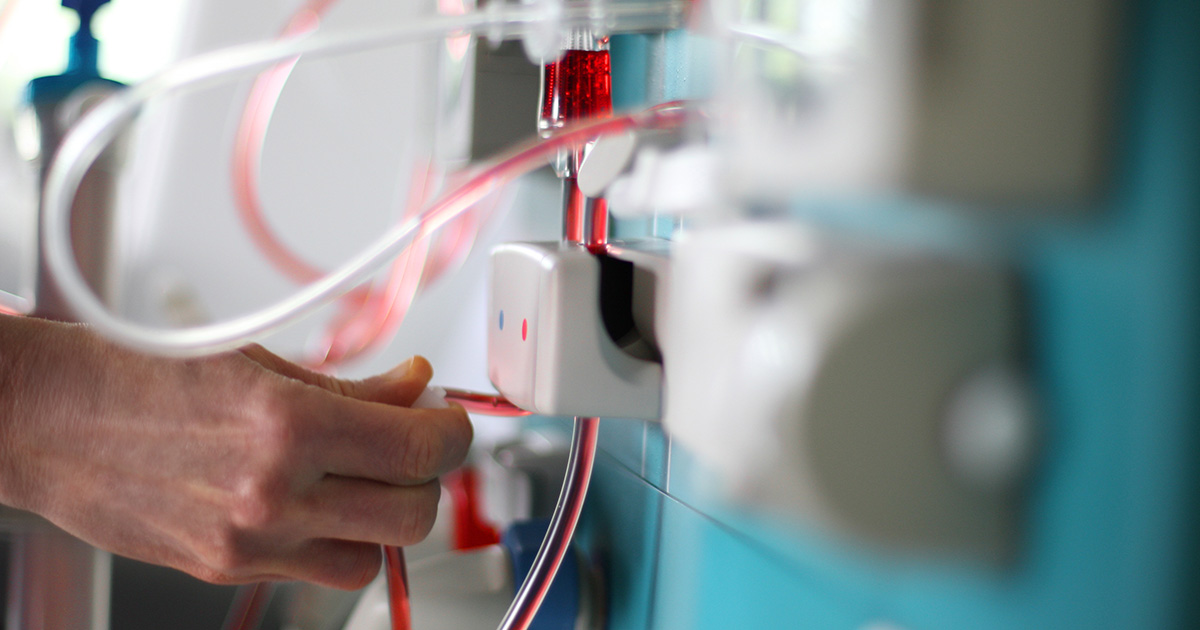Guide To Kidney Disease Diagnosis And Treatment
Certain Medications

Doctors may prescribe certain medications to help with managing the symptoms of kidney disease. Many patients with this condition have high blood pressure and high cholesterol, and doctors typically prescribe angiotensin-converting enzyme inhibitors or angiotensin II receptor blockers to lower blood pressure. Statins to lower cholesterol may also be necessary, and some patients could be prescribed a diuretic to reduce fluid retention and swelling. Since kidney disease can affect phosphorus levels, patients may be given a phosphate binder to reduce the amount of this mineral in the blood and to protect bone health. Both calcium and vitamin D supplements may be recommended to reduce the risk of bone fractures. Some patients with kidney disease could develop anemia, and this can contribute to the fatigue experienced by individuals with kidney disorders. In these cases, physicians often recommend the use of erythropoietin supplements, possibly with added iron. These supplements help the body produce more red blood cells, which can help patients have more energy.
Dialysis

Patients who have progressed to the end stages of kidney disease will require dialysis. In this treatment, waste products and extra fluids are filtered out of the blood through artificial methods. Depending on the patient's health status, they may be offered hemodialysis or peritoneal dialysis. In hemodialysis, the artificial filtration process is completed by a machine. This method is completed at a dialysis center, and each session is about four hours long. Most individuals have sessions at least three times a week. Patients who undergo peritoneal dialysis have a catheter inserted into their abdomen so a specialized dialysis solution can flow into the abdominal cavity. Waste products and excess fluids are absorbed by the solution, and it drains out of the body after four or five hours, taking the absorbed waste and fluids with it. This type of dialysis can sometimes be completed at home. Patients are trained to self-administer the dialysis solution, and the process must be repeated four or five times a day. An automated form of peritoneal dialysis uses a machine, and patients can use this method overnight at home.
